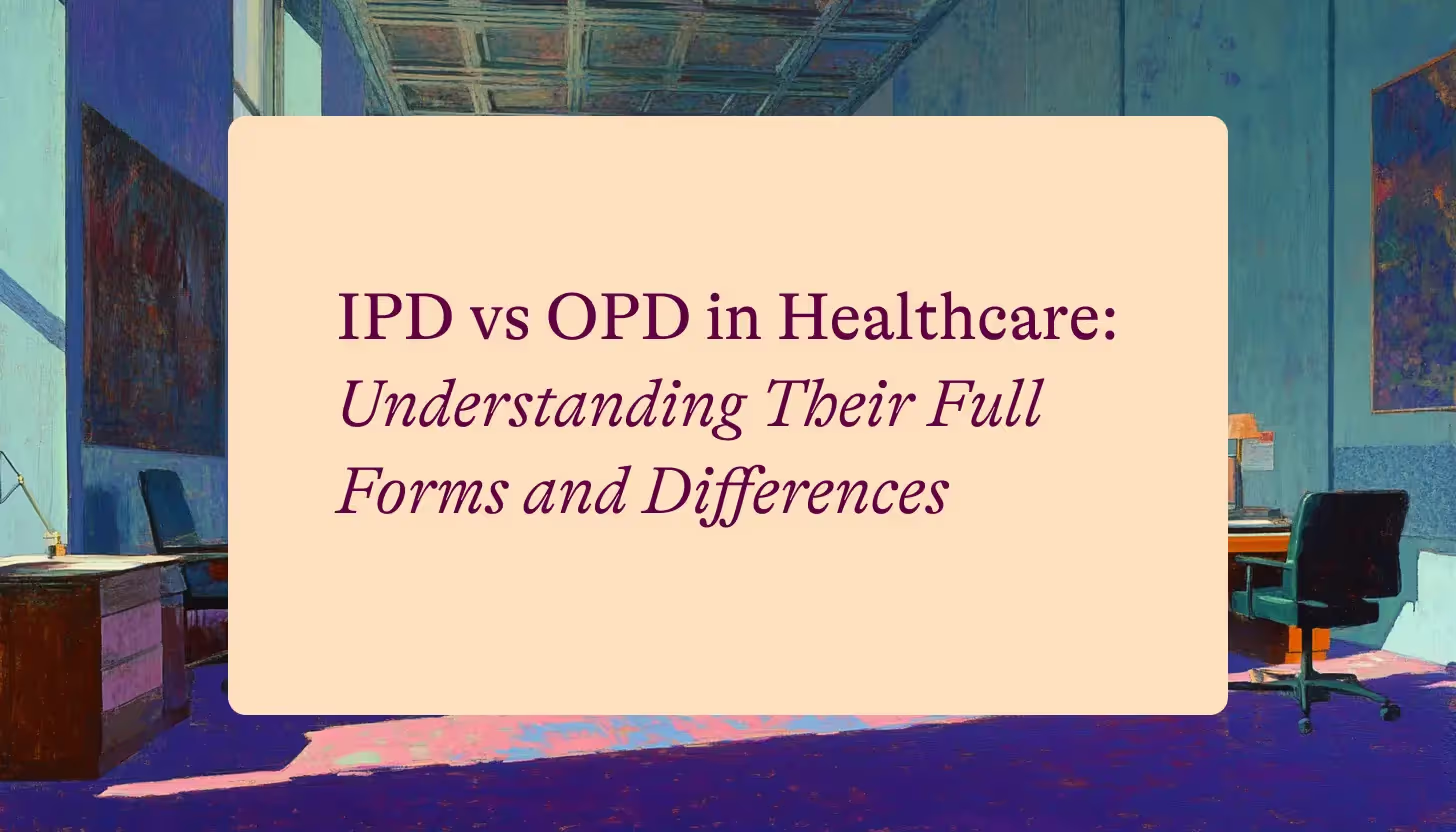Group Health Insurance is a safety net in times of health crises. But what if there's a bonus for staying healthy? Yes, that's where the No Claim Bonus comes in.
What is a No Claim Bonus (NCB)?
A No Claim Bonus or NCB is a reward from your health insurance provider. It is given when you don't make any claim in a policy year. This benefit may increase your sum insured or decrease your premium.
Types of No-Claim Bonus
There are two types of NCB:
Cumulative Bonus
The insured sum increases with each claim-free year, generally between 5% to 50%.
Let's assume you've purchased a health insurance plan with a sum insured of INR 5,00,000 and the insurance company offers a 5% cumulative bonus for every claim-free year.
Let's see how this would play out:
|
Year |
Claim Status |
No Claim Bonus % |
Original Sum Insured (INR) |
NCB Reward (INR) |
Total Sum Insured (INR) |
|
1 |
No Claim |
5% |
5,00,000 |
25,000 |
5,25,000 |
|
2 |
No Claim |
5% |
5,25,000 |
26,250 |
5,51,250 |
|
3 |
Claim Made |
N/A |
5,51,250 |
N/A |
5,51,250 |
If you do not make a claim in the first year, the sum insured for the next year increases by 5%, making it INR 5,25,000 with no change in the premium rate. If no claim is made in the second year as well, your coverage increases by another 5%, taking the total to INR 5,51,250. So, if you get hospitalised in the third year, you can file a claim up to INR 5,51,250.
Get a Quote: Group Term Life Insurance
Discount on Premium
In this type of no claim bonus, the renewal premium rate of the policy decreases by a specific percentage for every claim-free year.
Consider that you've bought a health insurance plan in India with a sum insured of INR 5,00,000, and you pay an annual premium of INR 10,000. The insurer offers a 5% discount on the renewal premium for each claim-free year.
Let's see how this would play out:
|
Year |
Claim Status |
NCB Discount % |
Original Premium (INR) |
NCB Discount (INR) |
Renewal Premium (INR) |
|
1 |
No Claim |
5% |
10,000 |
500 |
9,500 |
|
2 |
No Claim |
5% |
9,500 |
475 |
9,025 |
|
3 |
Claim Made |
N/A |
9,025 |
N/A |
10,000 |
The table shows how a Discount on Premium NCB works. After a claim-free first year, the insurer offers a 5% discount on your premium, bringing it down to INR 9,500. If you maintain a claim-free record in the second year, another 5% discount applies, reducing your premium further to INR 9,025. However, if a claim is made in the third year, the NCB discount ceases, and the premium reverts back to the original amount of INR 10,000 at the next renewal.
No Claim Bonus Benefits
The NCB can be quite beneficial, and here's why:
- No Claim Bonus increases your sum insured without any extra cost.
- Makes health insurance more affordable by decreasing the premium.
- Encourages you to lead a healthier lifestyle to maintain the bonus.
Do All Health Insurance Plans in India Offer No Claim Bonus?
Unfortunately, no. Not all health insurance plans in India offer NCB. The inclusion of this bonus varies from insurer to insurer. It's advisable to carefully read the policy document before buying.
What to Consider Before Choosing Insurance with a No-Claim Bonus
While NCB may seem like an attractive benefit, there are some factors to consider before choosing a policy solely based on this feature:
1. Coverage Amount
It is important to ensure that the policy offers sufficient coverage for your medical needs.
2. Waiting Period
Some policies have a waiting period before the NCB benefit can be availed. Make sure you are aware of this before purchasing a policy.
3. Premium
Compare the premium of policies that offer NCB and choose the one that offers the best value for money.
4. Claim Process
A policy with a complicated or time-consuming claim process may not be worth the hassle, even if it offers an NCB benefit.
Conclusion
Now that you understand the concept of the No Claim Bonus in health insurance, you can make an informed decision when choosing a policy. Remember to weigh the pros and cons before deciding, and always prioritize coverage that meets your needs.
Frequently Asked Questions
1. Can I avail the NCB if I switch my insurance provider?
Yes. Thanks to the portability rules of the Insurance Regulatory and Development Authority of India (IRDAI), you can avail of your accumulated NCB even when you switch insurers.
2. What happens to my NCB if I make a claim?
If you make a claim in a year, your NCB returns to zero. However, some insurers offer NCB protection covers which safeguard your bonus even if you make a claim.
3. Can I avail the NCB benefit along with a family discount?
Yes. You can avail the NCB along with other discounts as per the insurer's terms and conditions.
.avif)










.avif)














